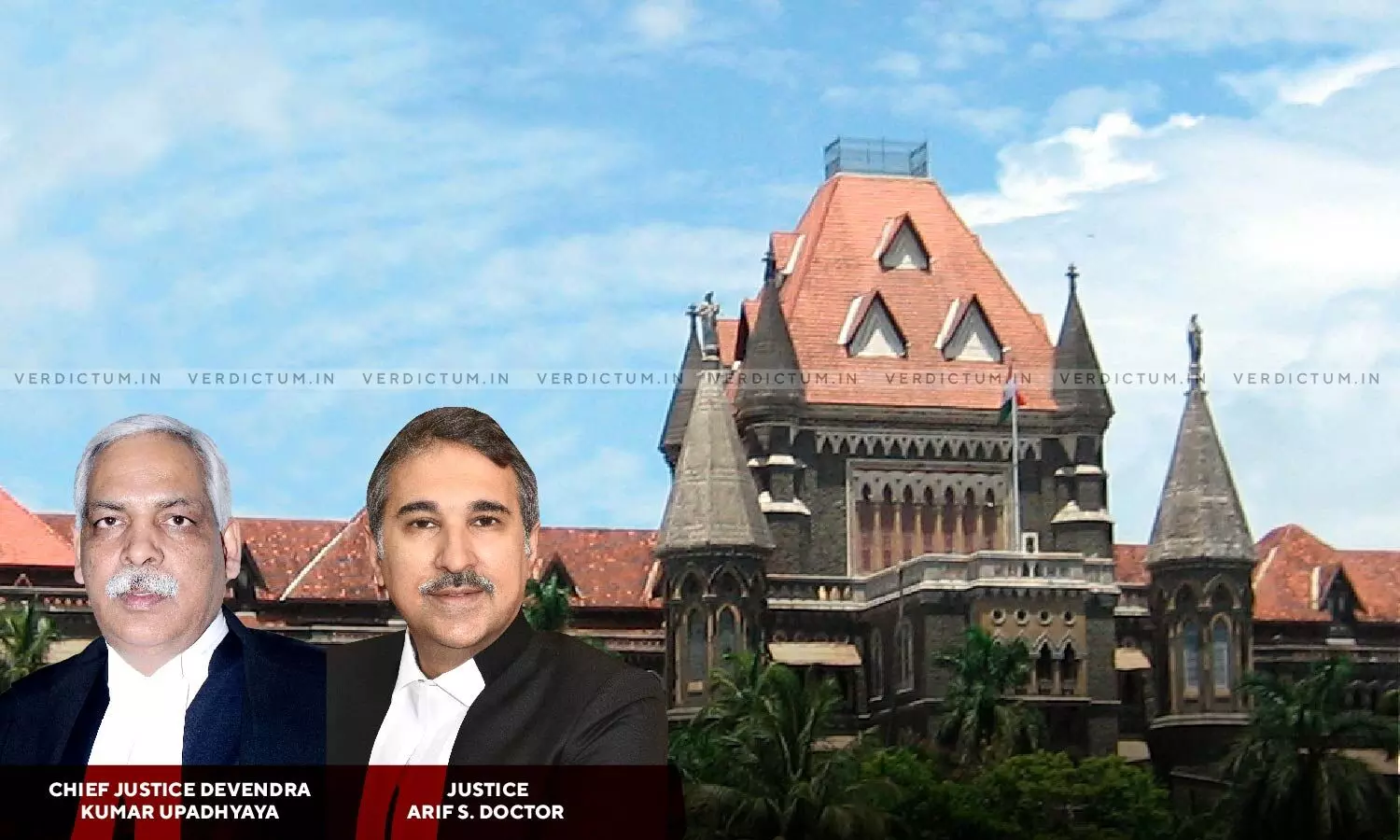
A Case Where There Was No Evidence At All: Bombay HC Quashes Punishment Orders Against 2 Ex-Excise Officials Being Accused In 1993 Blasts
 |
|The Bombay High Court has quashed the punishment orders against two former Central Excise Officials who were accused in 1993 blasts case, saying that it is a case where there was no evidence at all.
The Court was deciding a batch of two writ petitions involving the two ex-officials/accused named S.M. Padwal and Yashwant Balu Lotale.
A Division Bench comprising Chief Justice Devendra Kumar Upadhyaya and Justice Arif S. Doctor said, “The Disciplinary Authority himself has recorded in the order of punishment that this circular is not relevant to prove any commission of mischief by the employee; rather it is relevant only to prove his omission to do his duty in spite of specific alert. There is no other evidence on record of the disciplinary proceedings other than what has been discussed above. We have already concluded that on the basis of the alleged evidence available on record as discussed above, the charge against the employees did not stand proved and accordingly, from the over-all view of the evidence available on record of the disciplinary proceedings, our indefeasible conclusion is that it is a case where there was no evidence at all and accordingly, the conclusion arrived at by the Disciplinary Authority while passing the punishment orders is erroneous.”
The Bench added that it is a case where despite existence of no evidence to prove the charge in the departmental proceedings, the employees have been punished by the Disciplinary Authority.
Advocate Neeta U. Masurkar represented the petitioners while Advocate Neeta Karnik represented the respondent.
Brief Facts -
The accused Yashwant was charged with laxity shown by him which contributed to landing of smuggled explosives, arms, and ammunitions which were used in conducting bomb blast in Mumbai during the year 1993, as a result of which loss to innocent human lives as also several buildings was caused. He was charged for having contravened the provisions of Rule 3(1), (i), (ii) and (iii) of the Central Civil Services (Conduct) Rules 1964. He was charged with having received illegal gratification for turning a blind eye towards landing of contraband consisting of explosives, arms, and ammunitions and by such acts of omission and commission, he was further charged for failure to maintain integrity and acted in a manner unbecoming of a Government servant, contravening the provisions of Central Civil Services (Conduct) Rules 1964.
The another accused Padwal while working on the post of Superintendent, Central Excise was placed under suspension in 1993 on account of a criminal case against him which was under investigation. A raid was also conducted by the Central Bureau of Investigation (CBI) at his residence and since nothing incriminating against him was found, criminal prosecution pursuant to the investigation of the criminal case was not lodged against him. It was alleged that he was involved in conspiracy which resulted in landing of arms and explosives.
The High Court in view of the above facts observed, “As regards the evidence of the Police Officers deposed by them during the course of departmental proceedings, one may only observe that these Police Officers are not the witnesses of the charge on the basis of which the employees are said to have been found guilty of misconduct in the departmental proceedings; rather they are the witnesses of the fact that they had allegedly recorded the confessional statements of the accused persons during the course of investigation of the criminal case.”
The Court said that the depositions made by the police officers during the course of departmental proceedings do not assume character of evidence sufficient for bringing home the charge against the employees in the departmental proceedings.
“… what could be said to have been proved on the basis of the statement of the Police Officers made by them in the departmental proceedings is the fact that they had recorded the confessional statements of the accused persons during the course of investigation of the criminal case and such evidence cannot be relied upon to prove the charge against the employees in the departmental proceedings for the reason that these witnesses were not the witnesses of the charge in the departmental proceedings”, it further noted.
The Court also said that the principle that any punishment order passed in disciplinary proceedings can be subjected to judicial review in a case where the punishment order is based on no evidence, is already well established.
“The evidence available on record is only the confessional statements made by the accused persons during the course of investigation of the criminal case which, for the reasons already stated above, in our opinion, could not be made basis of inflicting the punishment upon the employees in this case. In absence of any evidence, it is not even a case where guilt of the employees in the departmental proceedings can be said to have been proved even on preponderance of probabilities”, it added.
The Court, therefore, directed that the accused officials shall be entitled to all consequential benefits such as arrears of salary and pension which shall be made available to them within two months.
Accordingly, the High Court allowed the writ petition and quashed the punishment orders.
Cause Title- Union of India & Ors. v. S.M. Padwal (Neutral Citation: 2024:BHC-AS:10527-DB)
Appearance:
Petitioners: Advocates Neeta U. Masurkar and D.A. Dube.
Respondent: Advocates Neeta Karnik and Sangharsh V. Waghmare.